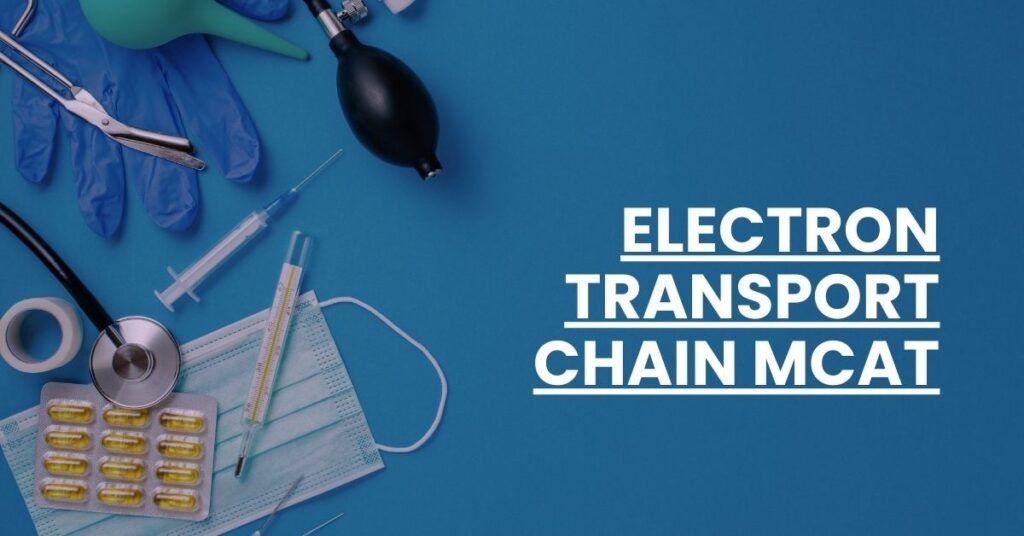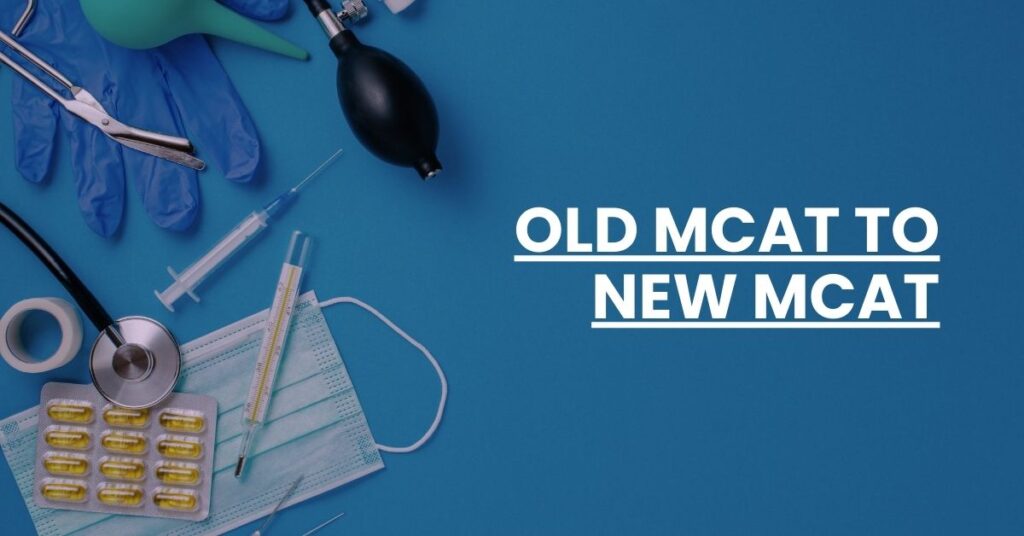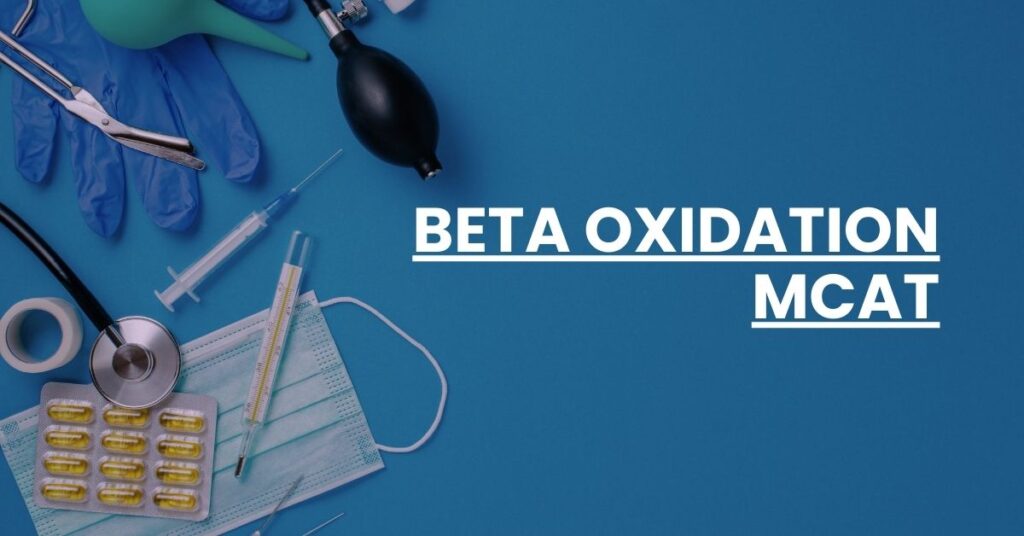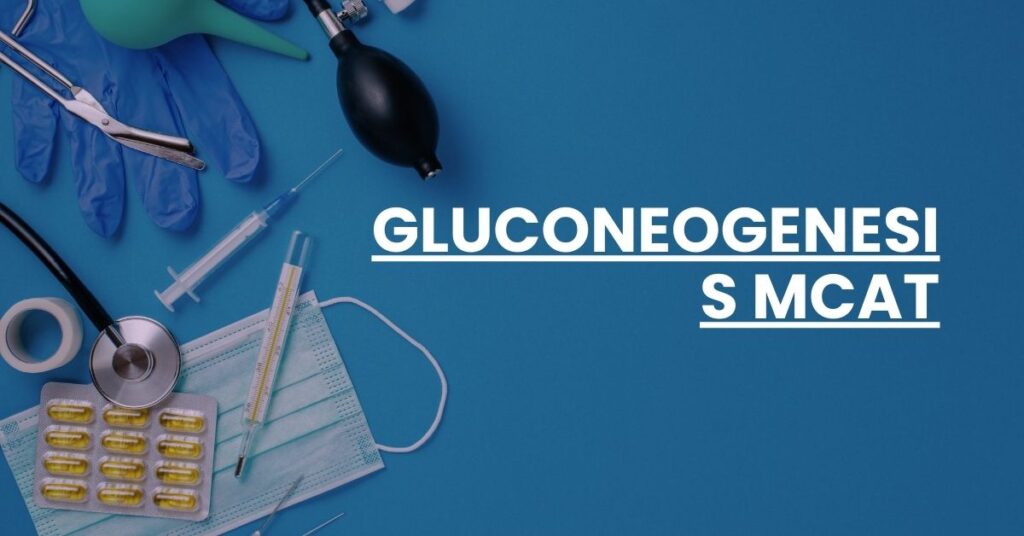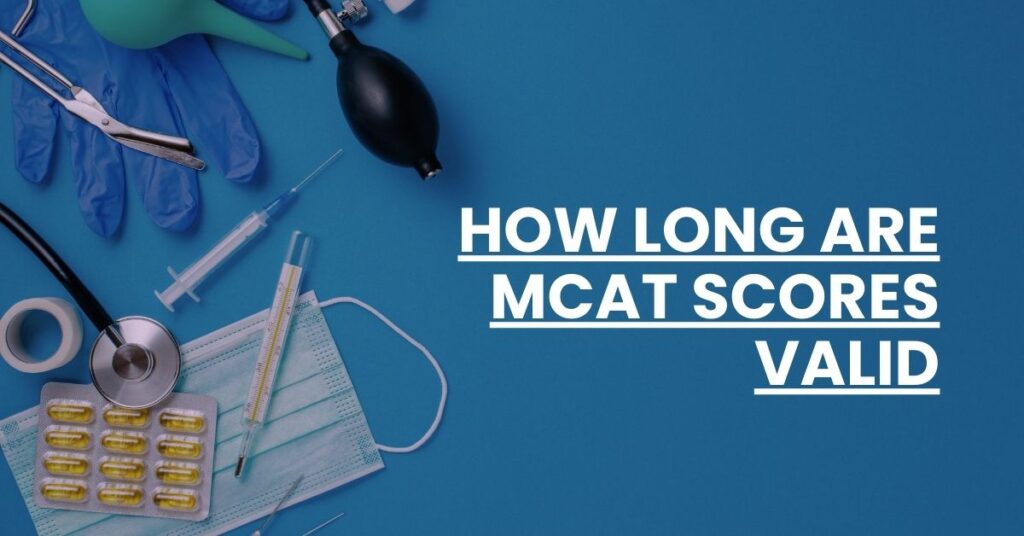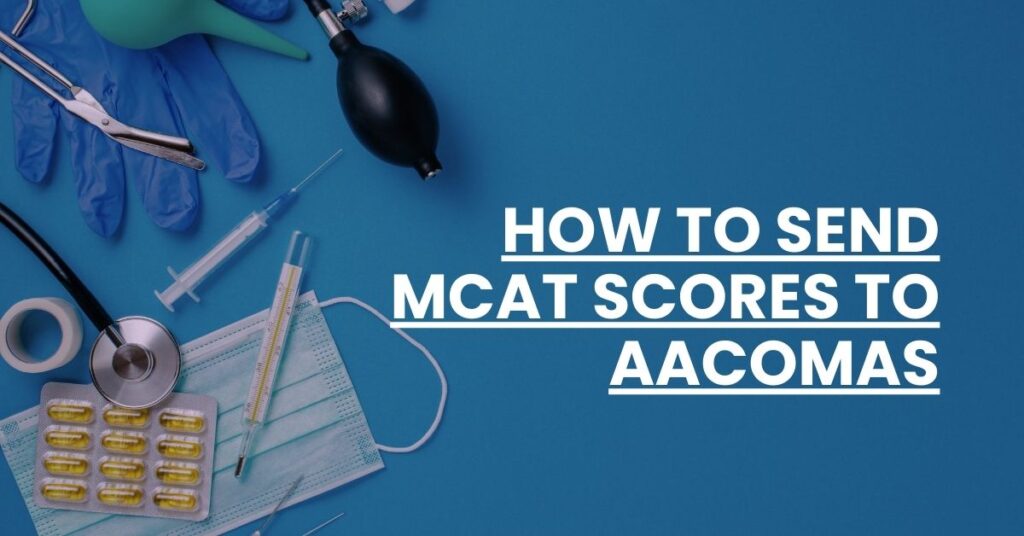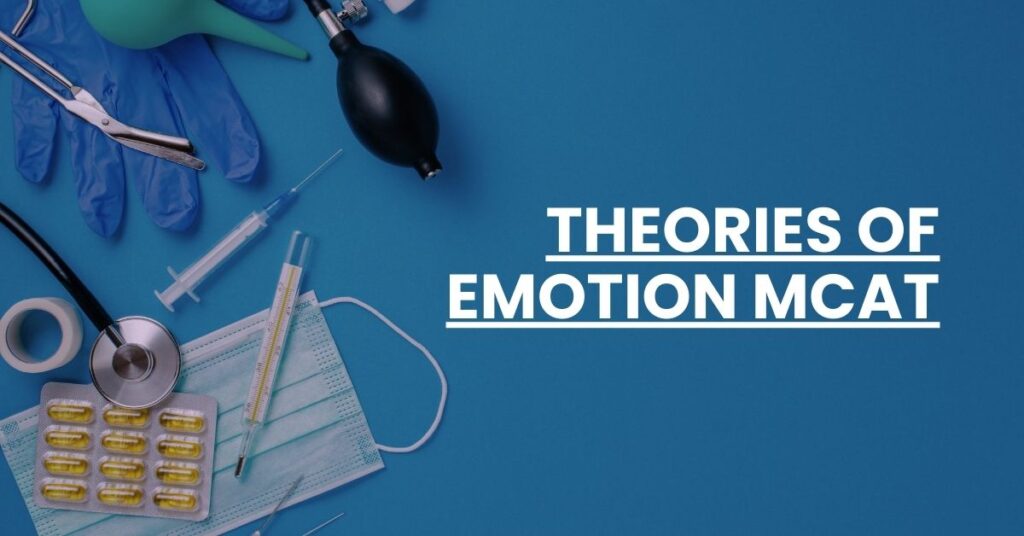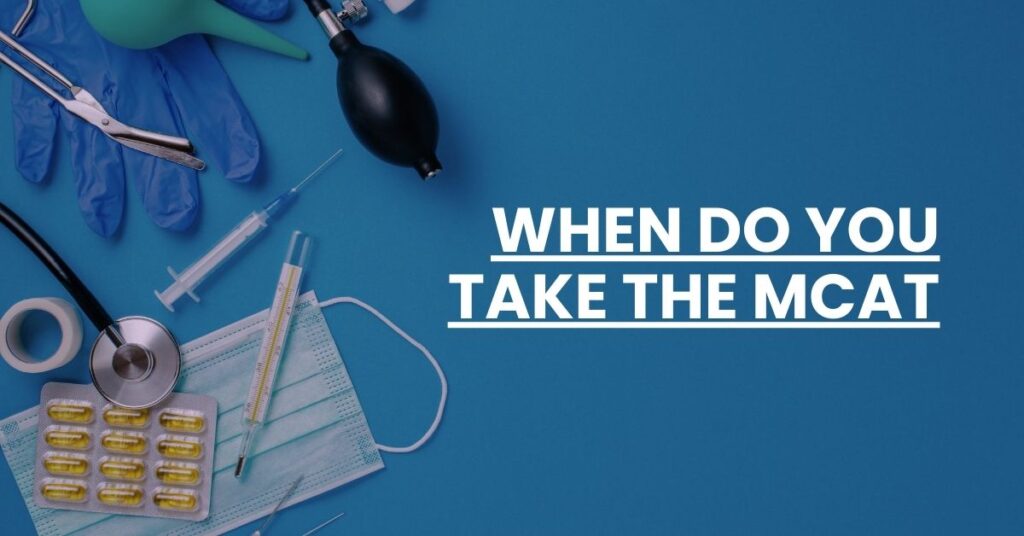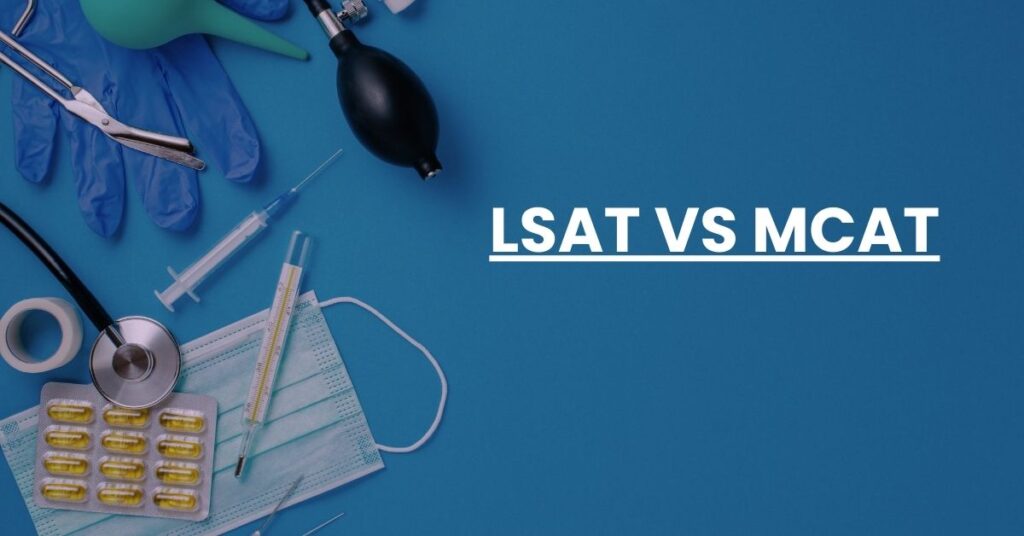Electron Transport Chain MCAT
The Electron Transport Chain (ETC) is an essential process for producing energy during cellular respiration, and mastering this concept can significantly boost your MCAT score. Central to the inner workings of mitochondria, the ETC harnesses electron carriers like NADH and FADH2 to establish a proton gradient, ultimately generating ATP—the energy currency of the cell. From […]
Electron Transport Chain MCAT Read More »
